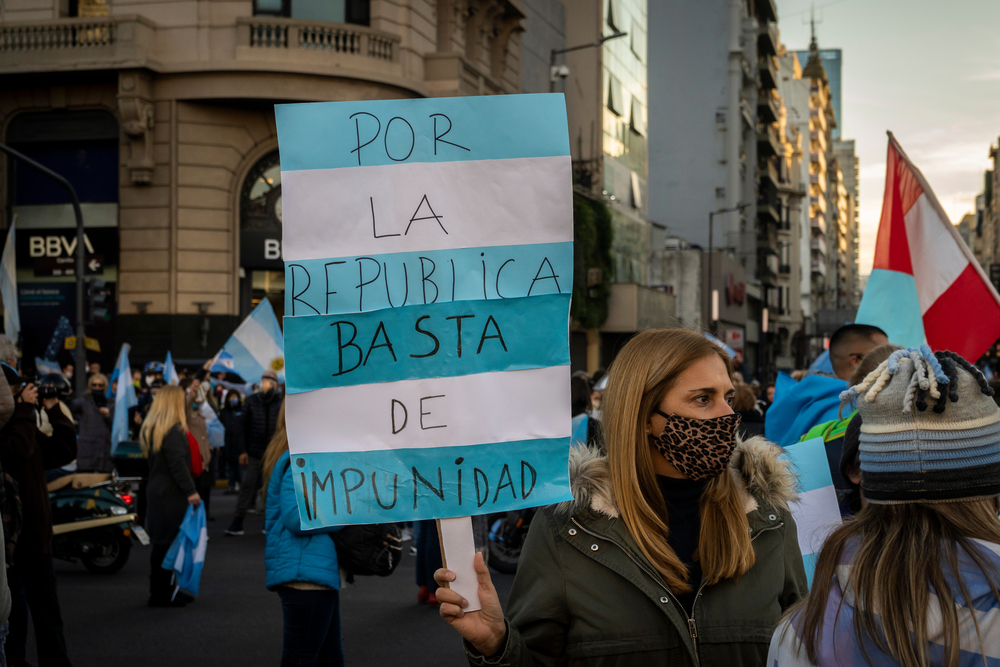After recently agreeing on a deal with private creditors for the repayment of Argentina’s USD 65 billion debt, President Alberto Fernández was able to take a quick breather and think about the future. In the foreseeable short term, however, there are a number of gigantic issues to be solved, namely Argentina’s USD 44 billion debt to the International Monetary Fund (IMF), the Covid-19 pandemic, and a sweeping judicial reform in the country. The latter is the only one that depends solely on Argentina, yet it is also the most divisive.
The proposal to overhaul Argentina’s judiciary was submitted on July 30 and intends to increase the number of justices on the Supreme Court and establish a new and more technological law system, seeking “guarantee a more independent judicial effort” and speed up cases, as President Fernández said, upon presenting the bill.
As a respected former professor in criminal law at the University of Buenos Aires, the 61-year-old Mr. Fernández could be the ideal person to lead such sweeping judicial change in Argentina, especially in a country where “in 99 percent of crimes committed, less than 1 percent has an effective sanction by the state, including homicides, drug trafficking, and corruption,” according to Germán Garavano, a former Justice Minister and now a reform consultant.
But...


 Search
Search






































